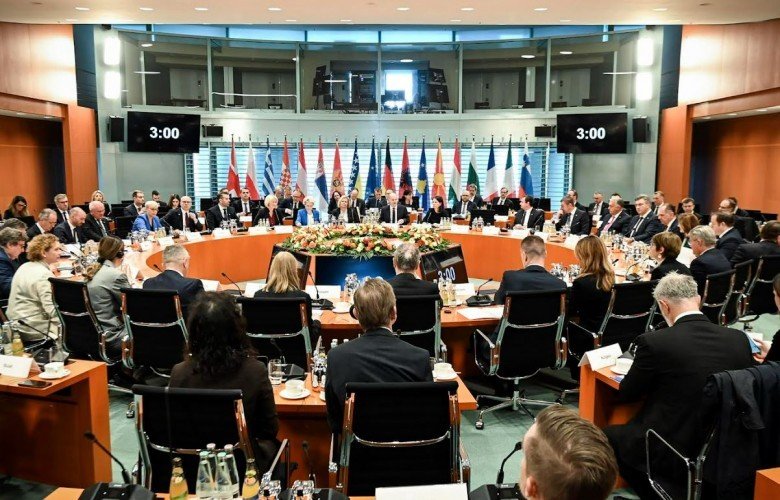Kosovo’s Prime Minister, Albin Kurti, addressed key issues related to global climate change and renewable energy during the second session of the Berlin Process summit, focused on the Green Agenda for the Western Balkans, Energy, and Connectivity.
Kurti emphasized Kosovo’s dedication to a green transition, even though the country is not a signatory to the Paris Agreement. He noted, “Despite our efforts, we continue to be excluded from key multilateral mechanisms for climate financing. We remain committed to mitigating risks but need access to global climate funding to support our transition.”
Key Points from Kurti’s Address:
- Climate Crisis Impact: Kosovo is entering a critical phase of the global climate crisis, experiencing its hottest summer on record, with increasing droughts and water shortages. Kurti reaffirmed Kosovo’s commitment to sustainable policies that ensure a fair transition to a green future.
- Carbon Neutrality Goal by 2050: Kosovo’s comprehensive energy strategy aims for carbon neutrality by 2050. New climate change and renewable energy laws provide the framework for this long-term policy. The government launched a €950 million investment package for renewable energy projects, including a 150MW wind park and a 100MW solar park.
- Greenhouse Gas Reduction: Although Kosovo has the world’s fifth-largest lignite reserves, it has set a target to reduce greenhouse gas emissions by 36% by 2030, keeping its lignite reserves underground.
- Climate Financing: Kurti highlighted the urgent need for Kosovo to access global climate financing, as the country’s resilience efforts require investments of €2.8 billion, particularly for infrastructure adaptations to manage risks such as floods, droughts, and water scarcity. Climate-related damages amounted to €28.9 million last year, affecting 21,500 people.
- Investment Needs: Substantial investments of around €6 billion are required for energy transition, waste management, and decarbonizing transport.
- Digitalization: Kosovo is one of the fastest-digitizing countries in the region, with over 70% of tech companies exporting services and 100% broadband access.
- Airspace Issues: Kurti criticized Serbia for continuing to block commercial flights to and from Kosovo, even 25 years after NATO’s intervention, which negatively impacts both regional relations and climate adaptation.
Kurti concluded by reaffirming Kosovo’s commitment to sustainable growth and climate resilience, but stressed that access to climate financing is crucial for achieving these ambitious goals. He called for the Green Agenda for the Western Balkans to help facilitate a just transition.







